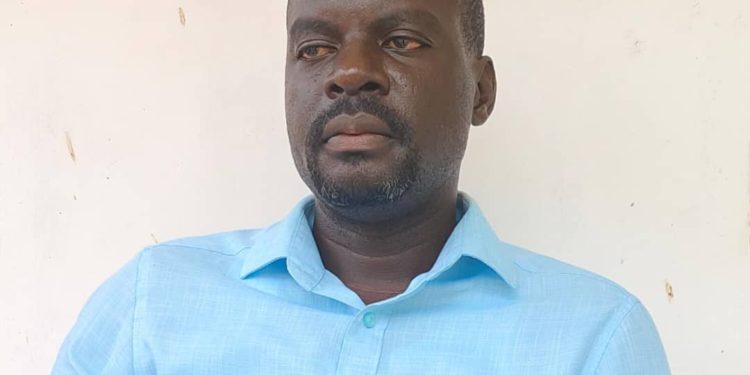Bobi Wine’s recent letter to President Yoweri Kaguta Museveni, challenging him to submit to an international audit of the 2021 presidential election, reveals not only a misunderstanding of Uganda’s electoral process but also an act of political desperation. His call for external involvement is a clear sign of his inability to navigate Uganda’s political landscape using legitimate, sovereign mechanisms.
Contrary to Bobi Wine’s baseless allegations, the 2021 presidential election was declared free and fair by several international observers, including the African Union and the East African Community (EAC). While no election is without flaws, the general consensus was that the electoral process in Uganda was orderly and peaceful. The Supreme Court of Uganda further validated Museveni’s victory after reviewing the petitions brought forth by Bobi Wine’s legal team. His constant attempts to delegitimize the results are not supported by hard evidence.
It’s worth noting that even with the numerous claims of fraud and irregularities from Bobi Wine’s camp, they have failed to present any substantial proof that would have altered the outcome. Museveni’s victory, with over 58% of the vote, reflects the genuine will of the people who have entrusted him with their country’s leadership for over three decades. The president’s established leadership has been instrumental in maintaining peace and stability in Uganda, which was once synonymous with civil strife.
Bobi Wine’s political journey is characterized by populism, not substance. His experience in governance is almost non-existent compared to President Museveni, who has led Uganda through decades of significant development. While Bobi Wine may have gained popularity through his activism and music, this does not translate into the ability to lead a complex nation like Uganda. His political platform remains vague, relying more on slogans and rhetoric than on well-thought-out policies.
Wine’s lack of political maturity was on full display during the 2021 elections, where instead of rallying Ugandans towards constructive change, he resorted to inflammatory rhetoric and incited protests that endangered lives. His refusal to accept the results and continuous unfounded claims of rigging only reinforce his inability to handle the responsibilities of leadership.
Bobi Wine’s insistence that the National Unity Platform (NUP) did not rig the 2021 election is at odds with the peaceful nature of the election as accepted by the majority of Ugandans. Museveni’s wide base of support spans the entire nation, and his electoral victories are a testament to his popularity. On the other hand, Wine’s NUP has failed to provide any verifiable evidence of widespread electoral fraud. The mere fact that Bobi Wine continues to harp on this point reveals his political immaturity and unwillingness to accept defeat graciously.
Bobi Wine’s call for an internationally supervised audit, specifically by the United Nations, is not only an affront to Uganda’s sovereignty but also an insult to its people and institutions. Uganda has a robust judicial system, which includes the Supreme Court, tasked with handling electoral disputes. By calling for a foreign audit, Wine is essentially stating that Ugandan institutions are not competent or credible enough to address his concerns—an assertion that is both unfounded and disrespectful.
Uganda’s governance must be managed through Ugandan institutions, not external forces. Museveni’s government has consistently maintained that Africa should develop solutions to its own problems. This principle has ensured Uganda’s independence and avoided the pitfalls of external interference that have destabilized other nations in the region.
The call for a United Nations audit is a clear indication of Bobi Wine’s desperation and lack of faith in his own country’s legal system. It’s evident that he is seeking international sympathy to bolster his political fortunes. By doing this, he alienates himself from the Ugandan people, portraying himself as more interested in winning the favor of foreign entities than addressing local issues. Furthermore, his focus on an external audit is an admission that his internal legal challenges have failed.
As Uganda moves forward, it is essential to continue on the path of development under Museveni’s visionary leadership rather than succumbing to the empty promises and reckless rhetoric of Bobi Wine. Real change comes through steady, calculated governance, not through populist theatrics or foreign intervention.
The author, Trevor Solomon Baleke is a Deputy RDC
+256752009014















